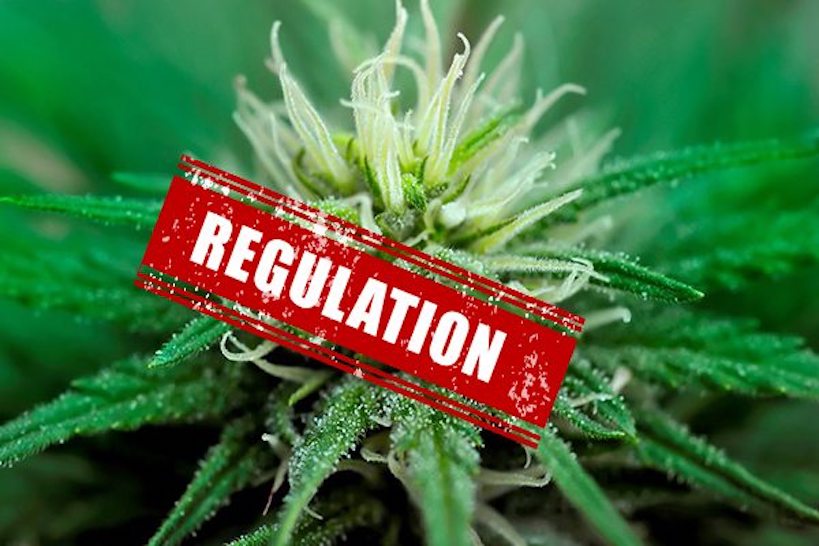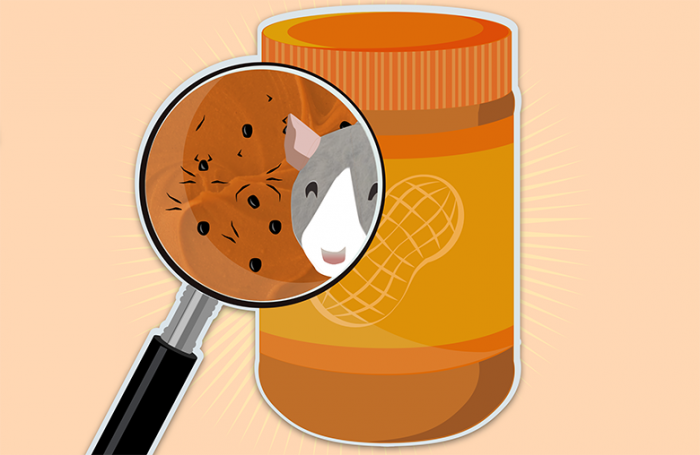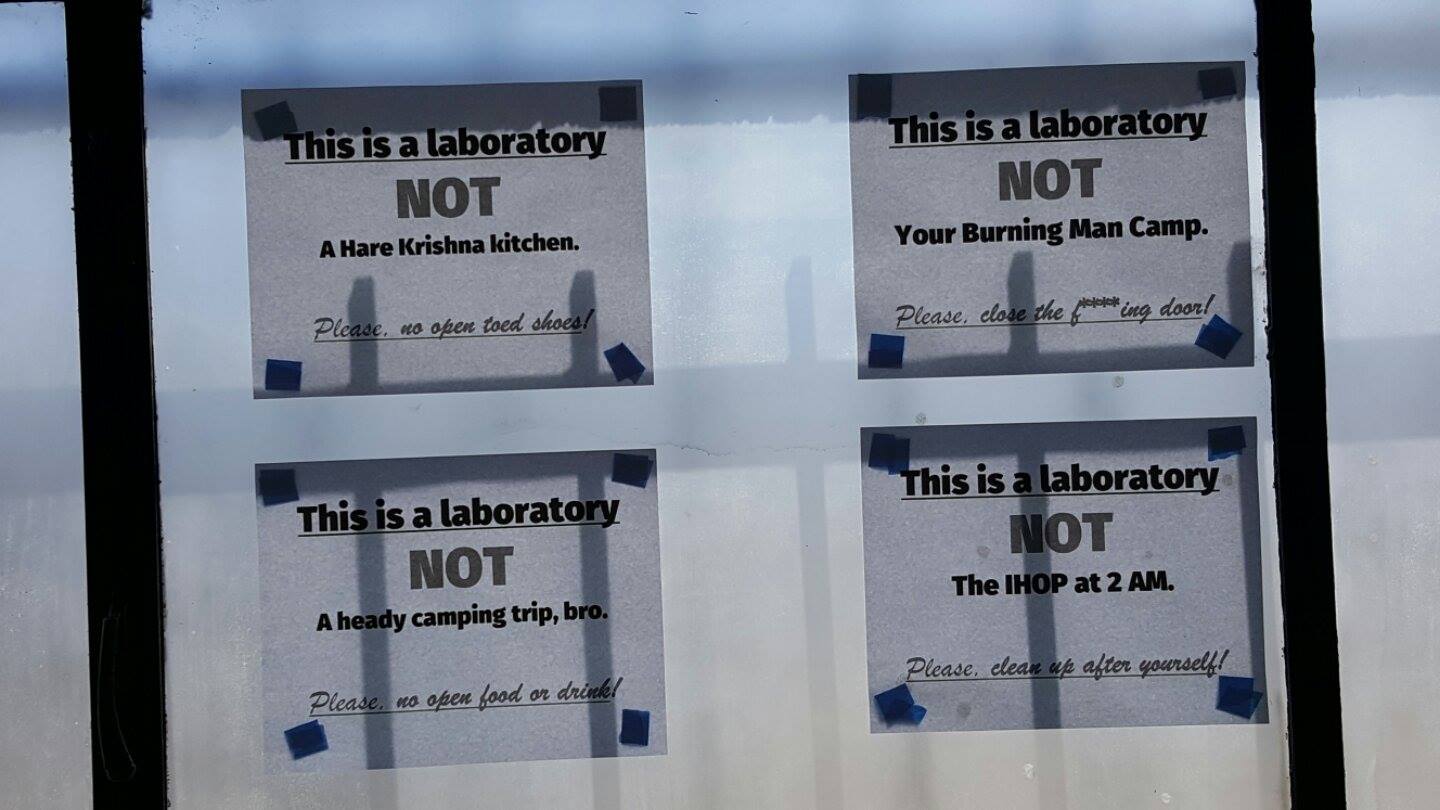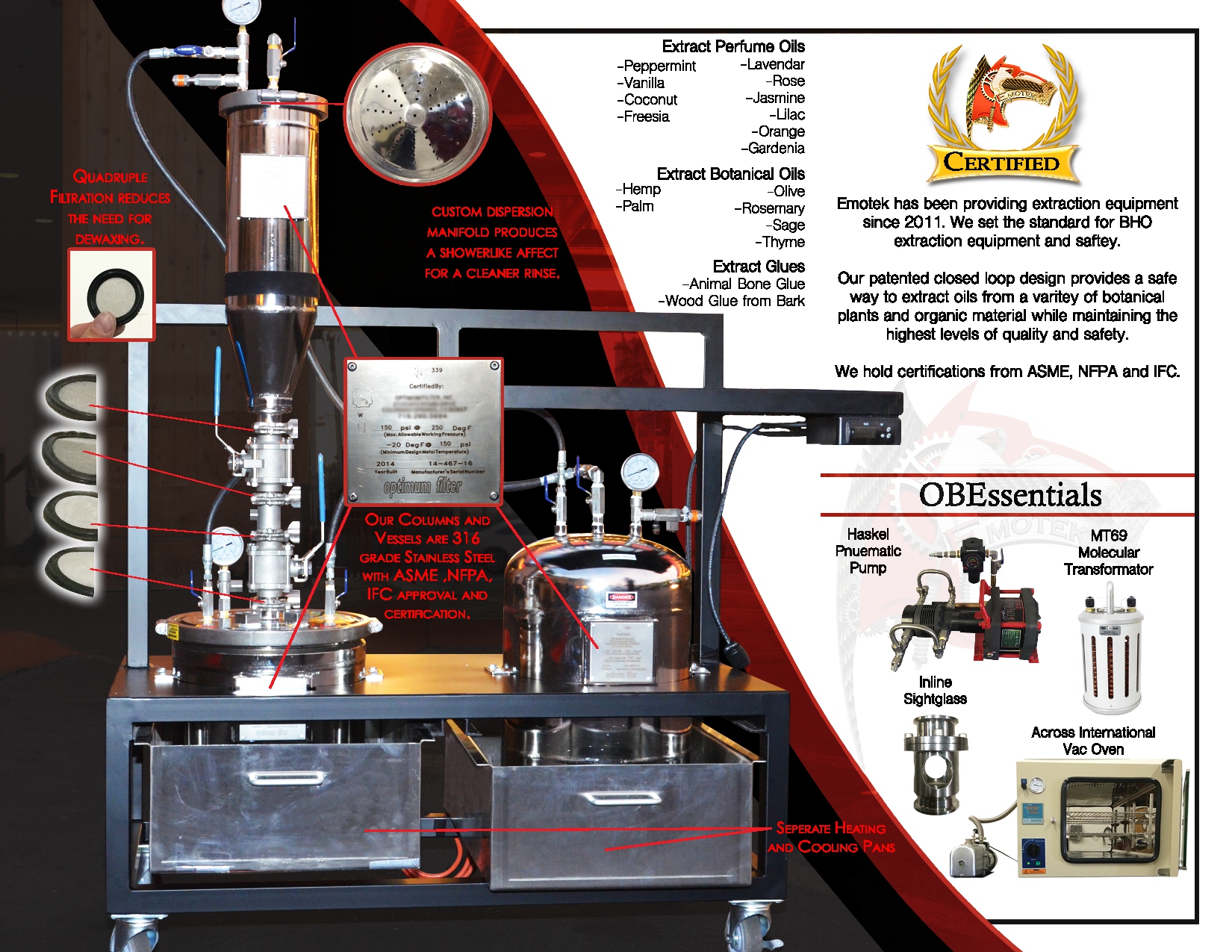It seems like every other day we hear a new story about a medical marijuana bill being passed here, a government supporting research there, or an imminent vote on legislation. With 25 US states and the District of Columbia having some form of medical marijuana on the books, and Colorado, Oregon, Washington, Alaska and DC all having legalised recreational marijuana, it seems fair to say that Pandora’s box has well and truly been opened.
The likelihood of going back to a prohibitionist era with regards to cannabis seems slim to none at this point. That being said, it’s not all plain sailing from here on out. The burgeoning marijuana industry is set to be one of the most tightly regulated industries in the world, and not necessarily for the reasons you might suspect.
For starters, it’s a brand new industry, which has the potential to be absolutely vast. From simple cannabis edibles, to herbal cannabis, cannabis extracts, isolated compounds and terpene profiles (the chemicals responsible for the smell and taste of cannabis) right through to salves and balms and even suppositories and cannabis based lubricants. Not only is there such a wide plethora of products now, but they are tapping into both the recreational and the medicinal markets. This means not just the consumers who wish to alter their consciousness on an idle Sunday afternoon, but also the consumers who rely on these products on a daily basis to maintain their health.
This will obviously upset some people, especially those with vested interests in cannabis prohibition. Initially, alcohol and tobacco companies were understandably concerned that legal pot might encroach on their lucrative sales, and whilst early evidence from Colorado seems to suggest actually the opposite is true – one has to question how much progress was slowed down by these industries with incredibly powerful and active lobbying groups working for them.
Perhaps a more legitimate concern comes from the pharmaceutical industry, as an observed phenomenon ripples across MMJ states. A study of 13 states with legal medical marijuana found that prescription painkiller deaths were down 25% compared to states without medical marijuana laws. Prescription opioids represent a multi-billion dollar industry with some of the world’s richest people at the top. Anything which threatens to take a 25% chunk of this empire is certainly going to face the full wrath of the Purdue Pharma lobbyists. These, and potentially lobbying from the Prison Industrial Complex are just a couple of areas where big money might be actively making the inevitable global legalisation of cannabis slower, and more difficult for everyone involved.
Medi or Heady?
The next reason regulations are set to be so tight is actually down to the individuals involved. The marijuana scene (at present) is largely being driven by the consumers, rather than by a corporate elite who sit behind the curtains and pull the strings (though this too is coming). This means the discussion is currently open and free, and whilst that might seem like a good thing on the surface, one has to realise that cannabis consumers are often far from experts on the subject. This has been seen time and time again with many individuals who consume large quantities of cannabis refusing to smoke concentrates which have been extracted with light hydrocarbons, citing a whole host of unfounded fears. To begin, OSHA (Occupational Safety and Health Administration – the government body responsible for deciding how much of a toxic substance your employer is allowed to subject you to) lists butane, which is the main hydrocarbon used in cannabis oil extraction, as non-toxic in concentrations up to 10,000PPM (parts per million).
Due to these fears, we have extractors purging in pharmaceutical grade vacuum ovens, and we have mandatory residual solvent testing down to the PPM level in many medicinal states. Colorado has a residual solvent limit of 800PPM for butane. Washington state has made testing of light hydrocarbon extracts mandatory, and requires them to have a residual solvent level of less than 500PPM – which is about 10 times lower than FDA levels set for residual Class 3 solvents, and although there is no state mandated limits in California, the City of Berkeley has set a limit of 400PPM for light hydrocarbon extracts.
As well as this, there now exists an elite breed of ultra purist stoners – those who avoid solvent extracts for reasons beyond just a misplaced fear of non-toxic solvents. These individuals are all about having the most ‘heady’ products – those exclusive items reserved for individuals who either grow large amounts of cannabis themselves, or who have excessive amounts of money and can afford to spend $360 on 1ml of cannabis derived terpenes, or $5,000+ on ‘Mothership’ branded glass ‘dab rigs’ for smoking cannabis oil (much like a bong). To these individuals, the desire for ‘clean meds’ seems to be more about pride and bragging rights than anything else.
These consumers never thought to ask about potential risks of concentrated mould ending up in their extracts though. They were fed a lie and told to ask the wrong questions, and thus, we’re presented with the strange situation where consumers know just how little butane is left in their cannabis oil, but they have no idea whether there’s any mould, any pesticides, or any heavy metal contaminants in there – all of which are far more concerning than a bit of residual solvent.
Not to mention, these savvy individuals who are so quick to avoid consuming anything slightly ‘contaminated’ might do well to review the FDA’s ‘Defect levels handbook’, which allows 1 rodent hair per 100g of peanut butter, 250PPM grit (25mg per 100g) in peanut butter, allows apples to be sold with a mould content of up to 12%, allows 325 insect fragments (which can be dead insects, their limbs, or their excrement) per 10g of dried thyme, and perhaps most relevant to the cannabis industry, allows the presence of up to 40 thrips per 100g of asparagus or hops.

There’s another factor driving the rigorous regulation we see, and this one perhaps has a little more merit. Whilst most of us are all too aware that in many states, medical marijuana legislation is little more than a loophole for recreational use (I’m sorry, I don’t buy into the ‘all use is medicinal’ argument, as a purely recreational user, I think that’s insulting to my friends who use cannabis to treat their real life debilitating ailments), there is a group of people for whom cannabis is a life-saving medicine which makes their life tolerable and even enjoyable. For these people, who might have compromised immune systems, the purity of their medicine and a lack of contaminants isn’t just for peace of mind.
I spoke to Greg de Hoedt,President of the UK Cannabis Social Clubs, and a medicinal patient who uses cannabis to treat his Crohn’s Disease, to try and get some perspective on why purity and a lack of contamination is so important to people using for medicinal purposes.
“Having a medical condition like Crohn’s can mean you are susceptible to disease flare ups all the time. These can be triggered by microscopic particles of a number of elements. Some people have a hypersensitivity to gluten, lactose or dairy, and many patients have chemical sensitivities – mine is so severe, treated tap water causes me to have repetitive diarrhoea and chronic fatigue – I drop a lot of weight very quickly. This is down to the varying levels of not only well known things like chlorine and fluoride which don’t really compare to the blood particles, but also rust and bacteria that can be present in a recycled public water supply.
“It’s easy to tell when a product hasn’t been purged to what I would consider a medical standard. Hash oil made with butane for example, if still present in the end product, can cause intestinal inflammation even on a minute level. It probably wouldn’t affect people with a healthy gut lining and immune system that didn’t attack itself, but that’s what I have to deal with, so I need to make sure the BHO I buy as medicine is from people that use equipment I trust and know they have the same level of care about their work as you should when trying to produce a premium product – especially if you know someone is using it for a serious medical condition.
“You have to commend the people that go the extra mile. It’s a shame prohibition is preventing people from producing even better levels of cannabis medication in the UK.”
The Tightest Regulations In The World.
All of this has led to some of the tightest regulations of any industry we see today. Especially considering we’re talking about a plant, which in its thousands of years of human use, is yet to kill a single individual. Commercial dispensary growers in Colorado are required to jump through a mountain of documents and paperwork. The Colorado retail marijuana code is a 177 page document which covers everything from security procedures which need to be followed, to labelling requirements, child proof packaging, health and safety regulations and standards, RFID tagging of plants throughout all stages of growth, and all of this is before we’ve even got to the 144 page document of ‘Permanent Rules Related to the Colorado Retail Marijuana Code’.
Given this is an industry which thrived in the black market for many decades without such stringent regulation, some might argue this is overkill. Others might say this level of regulation simply brings cannabis up to the standards most other taxable, legal products have to go through before being sold to a largely uneducated public.
I spoke to Mitch Shenassa of Darkhorse Genetics and his lead extractor Tanner Ingels as they upgrade their lab to meet Colorado requirements.
“We’re currently going through the inspections/expansion for a class 1 division 1 explosion proof laboratory
which the state will require of all extraction labs no later than October 1. We just had our 103 page standard operating procedure reviewed by an industrial hygienist, we’re juggling inspections by the fire department to ensure our equipment can evacuate all gas from the room in case of an equipment failure so that it never reaches a combustible concentration – making sure the gas detector in the lab is accurately calibrated, reviewing our emergency procedures, etc. etc.”
“To put this in context, class 1 division 2 is the standard (in all other industries) for working with gasses/processes in which there’s a risk of explosion in the case of a critical failure. Class 1 division 1 is used in other industries where there is absolutely going to be an explosive concentration of gas in the room at all times. You’d see C1D2 in a refinery, vs C1D1 would be the spec for say, the open pit of fuel under a petrol station.”
“So in a sense, the state has ordered us to stonerproof the process and assume we’re operating in a state of constant critical failure.”
This goes to show just how far the regulations go in the new cannabis industry. Forcing extractors to meet safety requirements as if they were in a constant state of critical failure seems extreme, and is exemplary of how stringent regulations are making this industry one of the most tightly regulated in the world.
But when it comes to it, it seems to me like tighter regulation is probably a good thing, especially as we’ve just witnessed our first serious criminal prosecution for a BHO explosion resulting in a death in the UK last week. BBC has reported learned of two deaths and 27 people being injured across the UK since 2014, as a result of making the drug.Anything which makes this process safer for the operators and end consumers must surely be a good thing. This doesn’t however detract from the fact that extracts of this kind are being made daily in the UK and in the 6 years that BHO has been produced there have only been a few incidents. The man that lost his life in Essex blasted butane into a closed room in his flat with other people around him – a few grams of oil really isn’t worth your life!
Think first – think safety!
Written by Lloyd Eggs
Like us of Facebook and share this from our page.
Stay tuned for our blog explaining the low down on Rosin Extractions…probably the easiest and safest way to make oil from hash or flower!
Get help making cannabis oil for you medical condition in this group.








Comments (2)